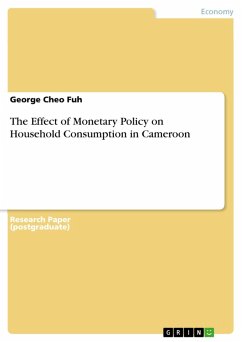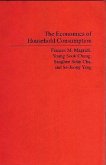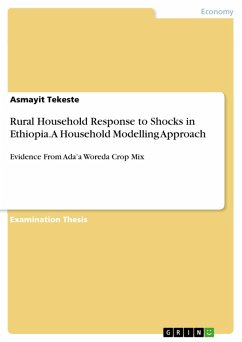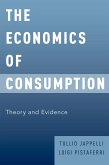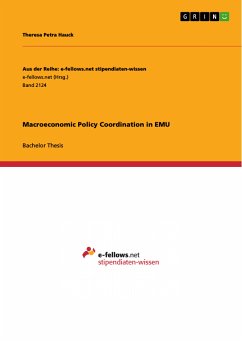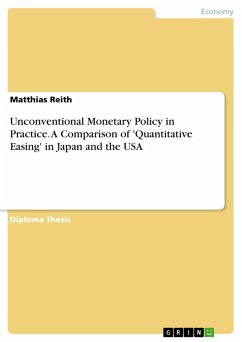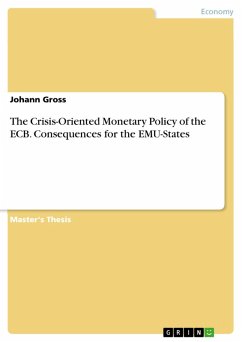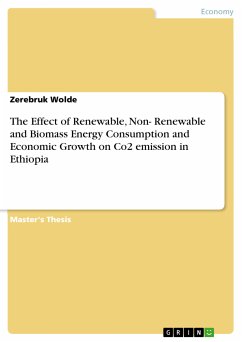Research Paper (postgraduate) from the year 2014 in the subject Economics - Macro-economics, general, grade: 3.8/5, , course: MANAGEMENT, language: English, abstract: The study investigates the effect of monetary policy on household consumption in Cameroon between 1980 and 2010. The objective of the study is to find out the relationship between monetary policy on household consumption in Cameroon and to recommend policies to improve on household consumption in Cameroon. The study uses secondary time series annual data from World Bank Group Development indicators for Cameroon. The work uses economic model showing household final consumption expenditure as a function of monetary and quasi money growth, real interest rate, total reserve and Gross National Income per capita. Given the trends of the variables estimated results indicate that Total reserve as a ratio of GNP and GNI per capita positively and significantly affect household consumption. Monetary and quasi monetary growth has a negative impact on household consumption. Policy makers therefore need to encourage Total reserve and GNI per capita. It is therefore strongly recommended that instrument of monetary policy should be used in the economy as means of influencing household consumption.
Dieser Download kann aus rechtlichen Gründen nur mit Rechnungsadresse in A, B, BG, CY, CZ, D, DK, EW, E, FIN, F, GR, HR, H, IRL, I, LT, L, LR, M, NL, PL, P, R, S, SLO, SK ausgeliefert werden.

